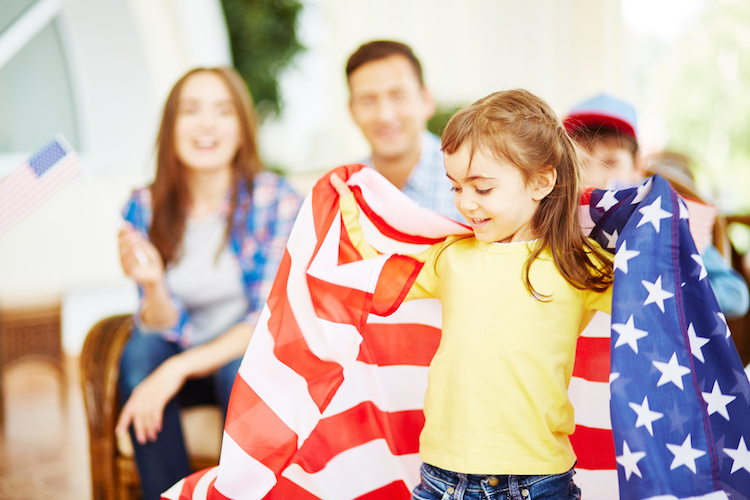Children naturally demonstrate an interest in politics and government. Now is an excellent opportunity to nurture that curiosity by discussing major issues affecting our nation and how they impact us directly.
Ideal discussions should be nonjudgmental and open-minded, since children will develop their own beliefs over time.
1. Explain the Electoral College
The Electoral College selects a new president and vice president every four years through a controversial yet proven system known as the Electoral College. While its operation may cause some contention, its peaceful transitions of power since America’s founding are testament to this approach.
Explain that in this election, voters will select electors. Once chosen, these electors will meet and cast their votes for president and vice presidential candidates; generally speaking, these votes go to those who win their state’s popular vote.
Your child’s age will dictate your approach; for instance, discussing how the electoral process works rather than specific policy issues might help them understand that political decisions require taking multiple perspectives into account before reaching any definitive decision. Furthermore, this approach may prevent children from adopting too quickly an exclusive partisan position.
2. Explain the Presidency
Our country’s president is our head of state. They are elected every four years through an electoral college and begin their term upon taking office on January 1 after being sworn-in during a swearing-in ceremony. Their powers include appointing judges, department secretaries and top government officials; passing laws which impact economic, national security and more issues; or vetoing any legislation passed by Congress that they don’t agree with.
Children can explore politics by reading books or watching videos from reputable sources and speaking with their parents and older siblings about them. This approach will encourage kids to become interested in politics early, which will hopefully translate to open dialogue within their families as they age.
3. Explain the Political Parties
Politics may be thought of as something only adults do, but children can be interested in politics from an early age. When they notice political signs in the street or veterans handing out poppies they can spark discussions about how people make their voices known to government bodies.
Political parties are associations of politicians and activists working collaboratively to win elections and implement policy agendas. Political parties also provide voters with a means of structuring their electoral choices while connecting citizens to America’s democratic republic institutions.
American political parties strive to garner broad socioeconomic bases of electoral support while remaining flexible with regards to policy positions, so as to absorb any electoral successes of third parties and protest movements like Theodore Roosevelt’s Bull Moose Party or Ross Perot’s Reform Party.
4. Explain the Media
At this age, children understand basic political details like borders and national debt; however, more abstract concepts like democracy and patriotism still elude their grasp. At the same time, however, children begin becoming aware of negative political advertisements that use visuals or music to trigger an emotional response in viewers.
Instead of brushing off conversations about difficult subjects as irrelevant for children to know about, use them as an opportunity to teach yours how to distinguish fact from fiction and separate information from opinions. Show them how to research issues independently while sharing news sources which present different views.
Encourage them to get involved, whether through voting or volunteering. Any form of involvement helps children feel invested in their world while building problem-solving abilities.
5. Explain the Elections
Children need to learn about government and its processes so they can become informed voters who make smart choices about their futures. Doing this will also dispel any preconceived notions they might hold about life in general.
Young children need to understand that politics aren’t just about voting – everyone has an active part to play in shaping it! Even if your child can’t vote just yet, they should still participate actively in their community by helping make decisions regarding matters important to them.
Your children can learn a great deal by seeing that politicians are simply people with different strengths and weaknesses, similar to anyone else. Your hopes should be for them to become informed citizens who love their country while at the same time understanding that change starts within themselves and vice versa.
